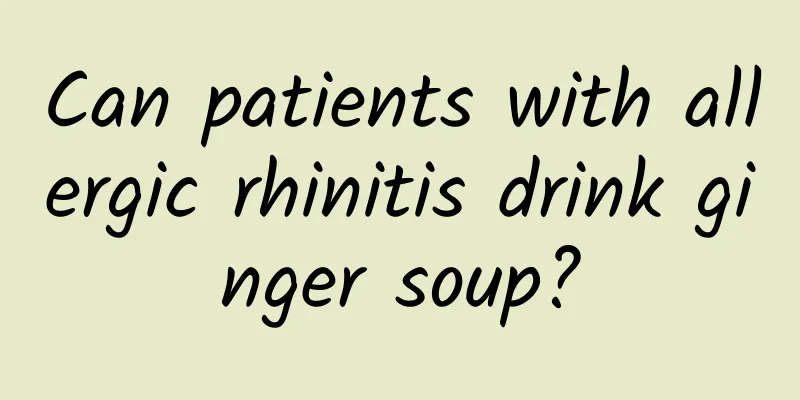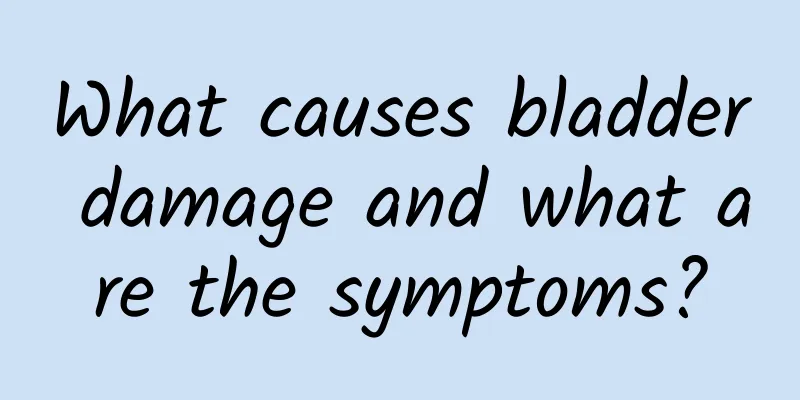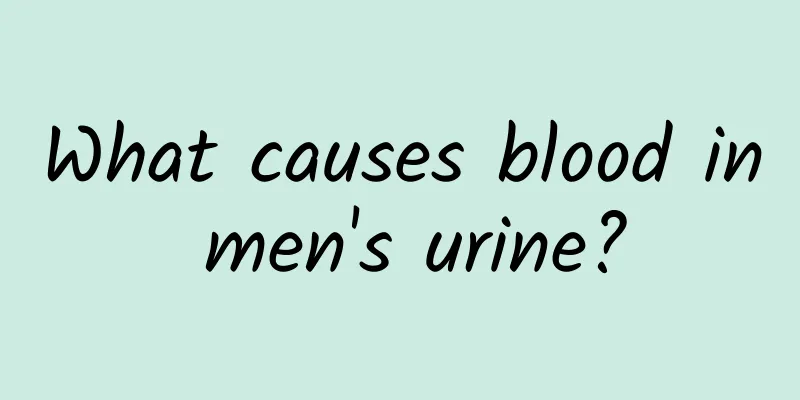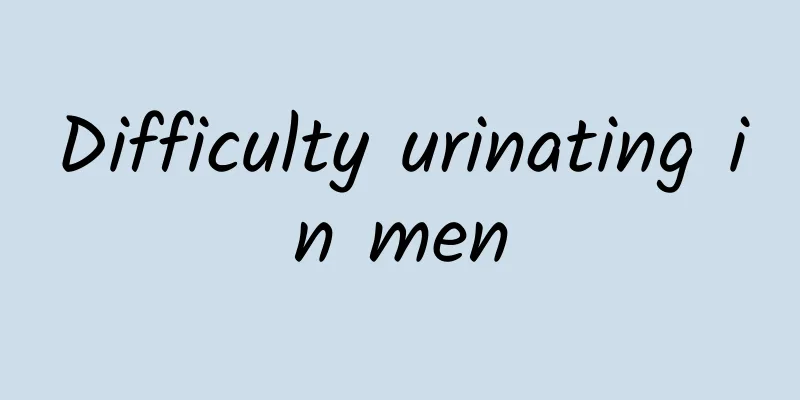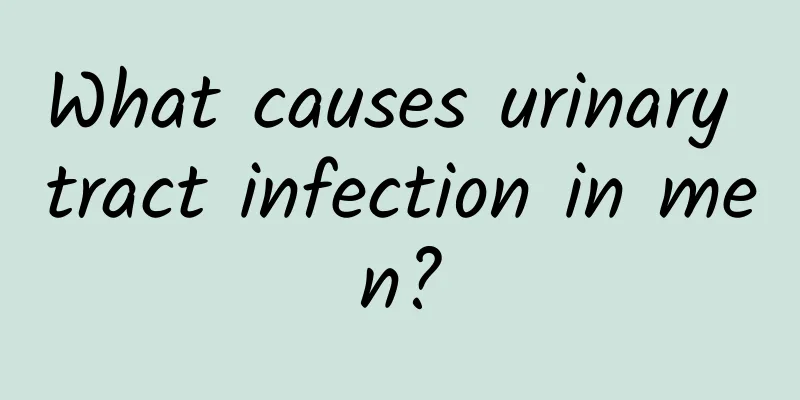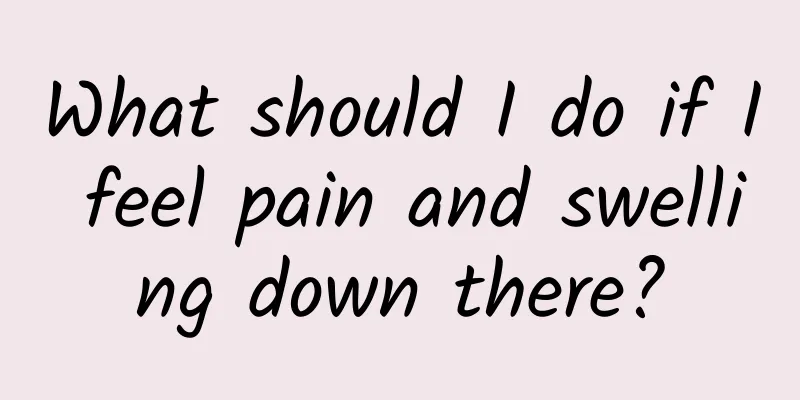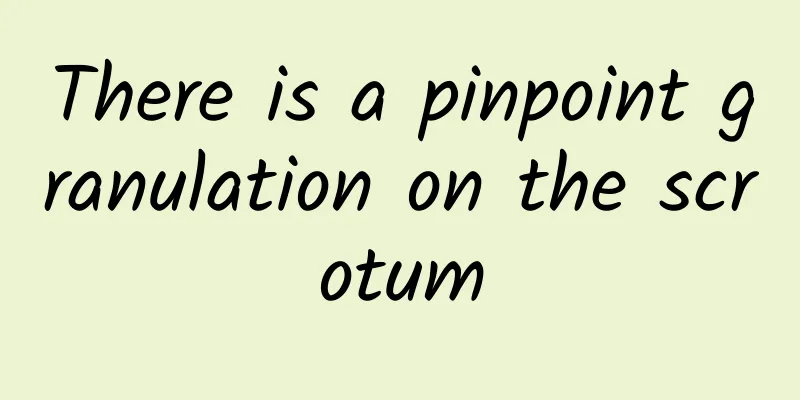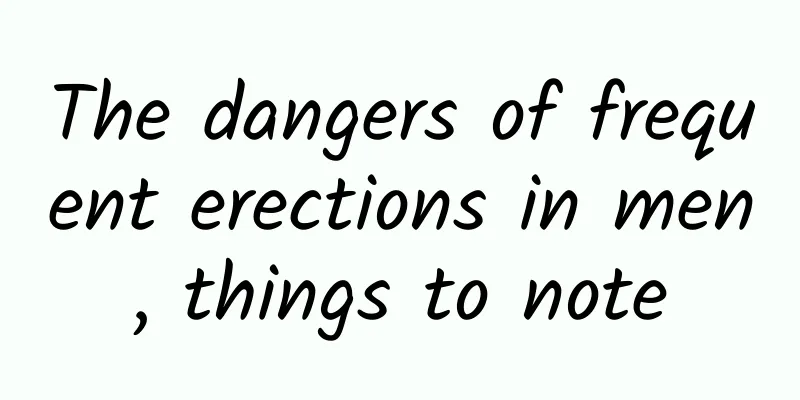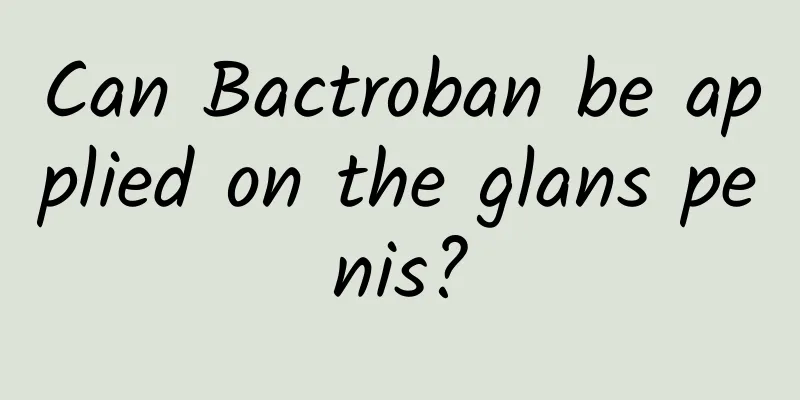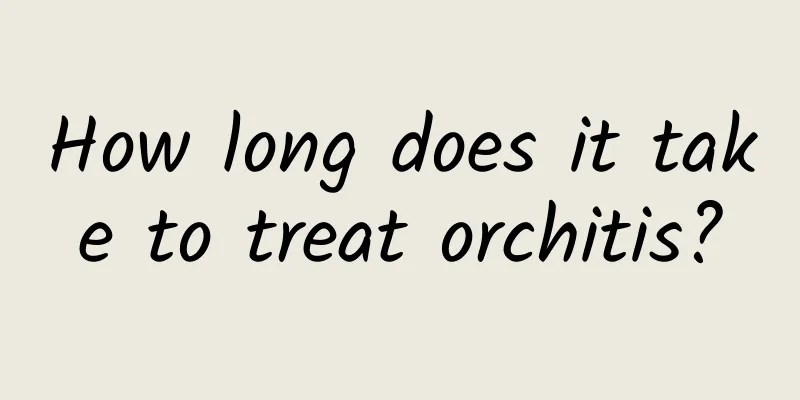How does Chinese medicine treat hyperthyroidism? Conventional treatments for hyperthyroidism
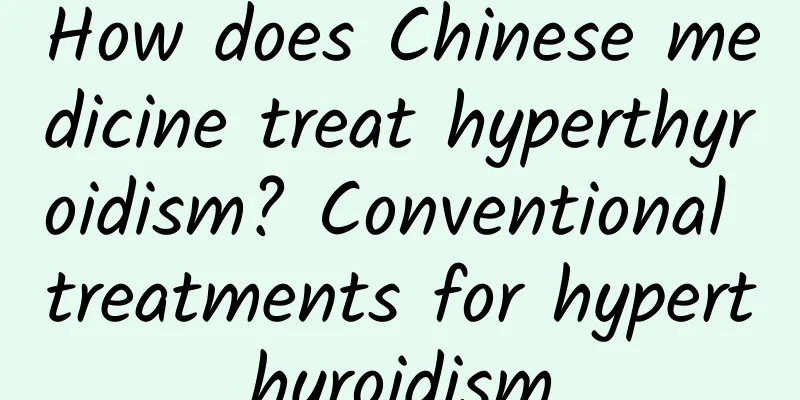
|
Hyperthyroidism is a common disease in life, which is divided into several types, such as congenital and endemic. Hyperthyroidism has a serious impact on the patient's life. So how does traditional Chinese medicine treat hyperthyroidism? How does TCM treat hyperthyroidism? 1. Baihu Tang combined with Zhibai Dihuang Tang: First, boil the raw gypsum and set aside. Take Anemarrhena, Licorice, Raw Rehmannia, Chinese Yam, Pseudostellariae Radix, Cornus Fruit, Ophiopogon japonicus, Raw Oyster, Schisandrae Chinensis, Scrophulariae, Cyperus rotundus, and Cortex Moutan. Add water and boil and take one dose per day. It has the effects of nourishing yin, purging fire, softening and dispersing stagnation for patients with hyperthyroidism. It is more suitable for patients with hyperthyroidism who have yin deficiency and head excess, with symptoms such as flushed face, palpitations, sweating, impatience and anger, hyperphagia and weight loss, red tongue with yellow fur, and stringy and rapid pulse. 2. Huangqi Shengmai Drink Heqi Judi Huang Tang: Huangqi, Dangshen, Ophiopogon japonicus, Schisandra chinensis, Lycium barbarum, Shengdi, Chinese yam, Cornus officinalis, White peony root, Cyperus rotundus, processed Shouwu, raw oyster, Licorice. Decoction with water, 1 dose per day. This has the effect of replenishing qi and nourishing yin, calming the liver and suppressing yang. It is generally suitable for patients with hyperthyroidism who show symptoms of palpitations, heat intolerance and sweating, emaciation, fatigue, soreness of waist and knees, red tongue with thin yellow fur, and weak pulse. Conventional treatment of hyperthyroidism includes the following aspects. (1) General treatment: People with unstable emotions and mental tension can take some sedatives, such as diazepam and chlordiazepoxide; those with palpitations and tachycardia can use drugs such as propranolol and atlanta; ensure adequate rest; increase nutrition; nutrition includes sugar, protein, fat and vitamins, the amount required by normal people is higher. (2) Antithyroid drug treatment: mainly thiourea antithyroid drugs, such as methyl or propylthiouracil, thiabendazole, and thyroxine. Other antithyroid drugs such as lithium carbonate and potassium perchlorate are rarely used. Indications for medication: ① mild diffuse toxic thyroiditis with small thyroid gland; ② patients under 20 years old; ③ preoperative preparation; ④ recurrence after thyroid surgery and cannot be treated with isotope 131 iodine; ⑤ as an adjuvant treatment for isotope 131 iodine treatment. (3) Indications for thyroid surgery: ① Toxic diffuse moderate to severe thyroiditis that is ineffective with long-term drug treatment; ② Large thyroid gland with compression symptoms; ③ Retrosternal thyroid gland; ④ Toxic nodular thyroiditis; ⑤ Toxic thyroid adenoma. (4) Indications for treatment with isotope 131 iodine: ① Diffuse toxic moderate thyroiditis, age over 30 years old; ② Allergy to antithyroid drugs or ineffective treatment; ② Unwilling to undergo surgery or recurrence after surgery; ④ Toxic thyroid adenoma. |
<<: Can stewed banana with rock sugar cure chronic cough? How to do it?
>>: How long does it take to cook ginger soup? What are the taboos of eating ginger?
Recommend
Is it possible to have a baby if the sperm motility is low?
Sperm is an important guarantee of male fertility...
Possible causes of left lower abdominal pain in men
Many people have experienced left abdominal pain....
How to deal with penis odor?
Many men have a peculiar odor in their penis. Thi...
The cause of shoulder pain, you would never guess this disease!
Most of the time, shoulder pain is muscle pain ra...
Dreaming about other women
When a man dreams of other women, sometimes it is...
What supplements should men with low blood pressure take?
What kind of supplements are good for people with...
Is Huoxiang Zhengqi Water effective in treating premature ejaculation? Experts: It's mostly psychological
Premature ejaculation is not just a simple diseas...
The secret recipe for strengthening the kidneys that has been used by old Chinese medicine practitioners for many years has finally been exposed!
How can a man live a better life without strong k...
There is a large pustule on the penis
Abscesses on the penis may be caused by inflammat...
How to suppress an erection
Generally speaking, when a man is stimulated phys...
Symptoms of testicular necrosis
It is a relatively common disease at present. Tes...
What is the correct way to shave?
Shaving may be something that men need to do ever...
What ointment should be applied to glans inflammation?
Penile glans inflammation is also a common male d...
What is the cause of a hard lump in the testicle?
If a hard lump grows in the testicle, you should ...
The correct steps for men's skin care
Recently, many male friends have had different ac...
